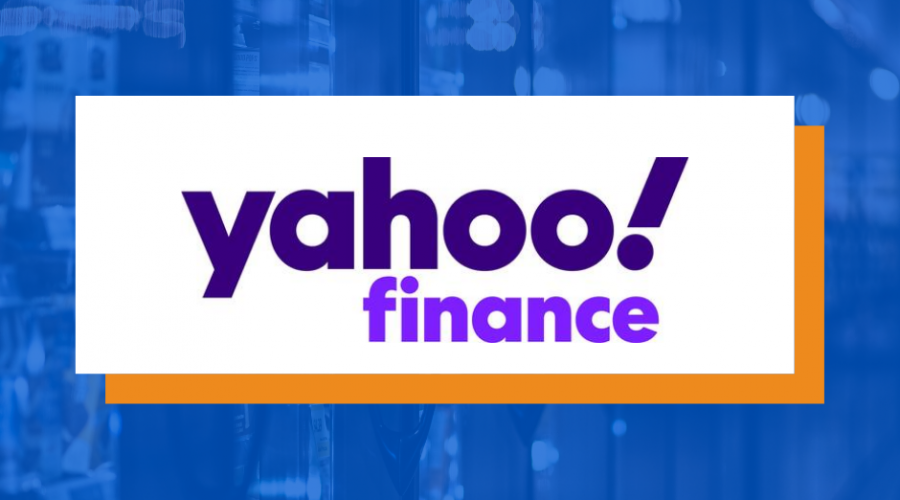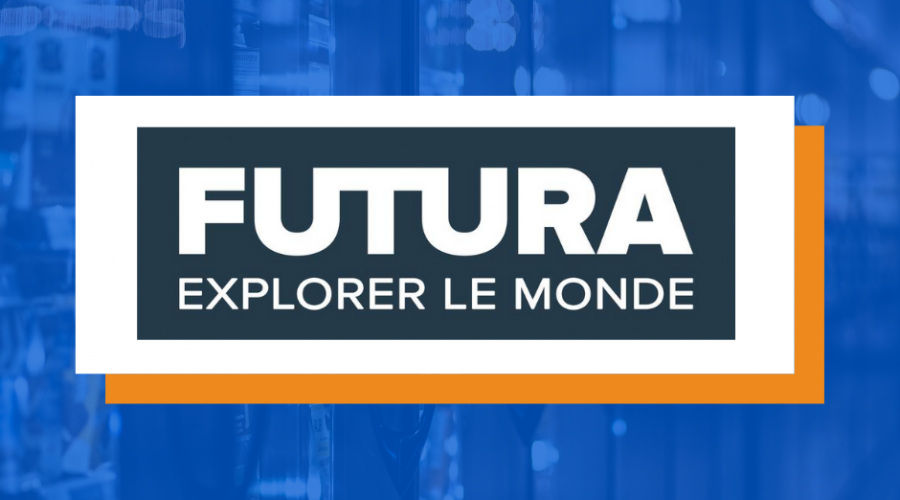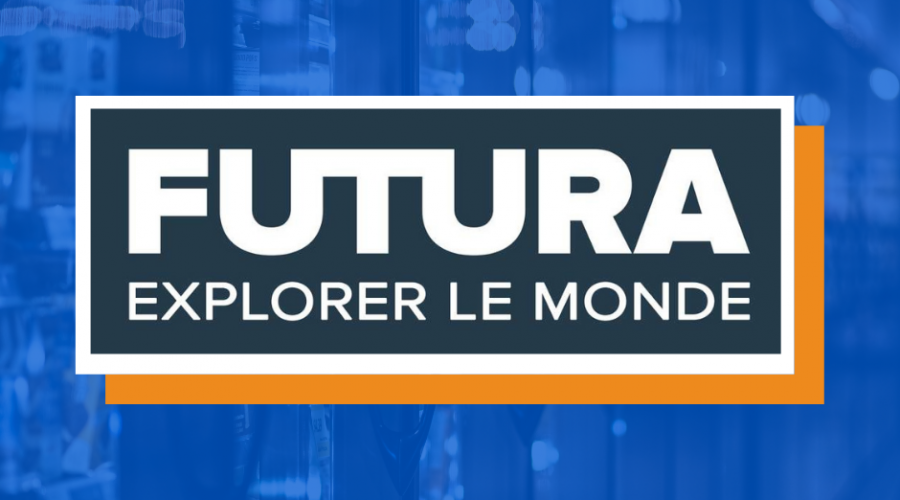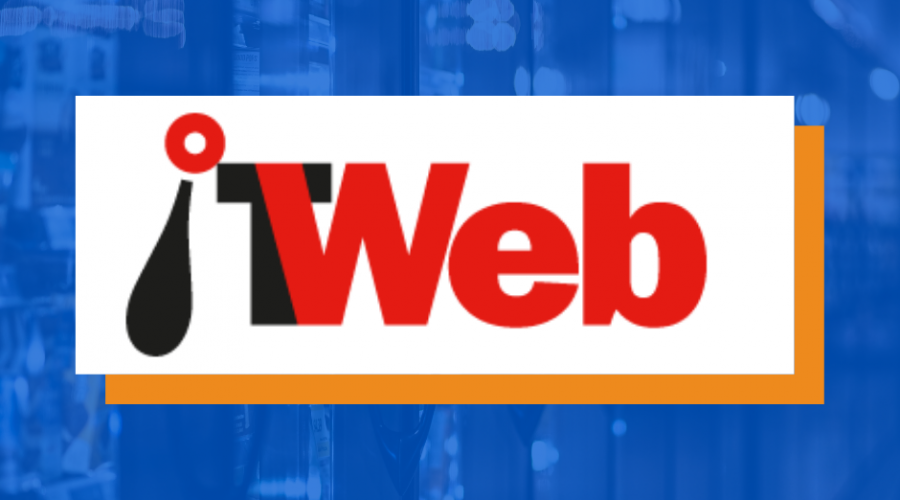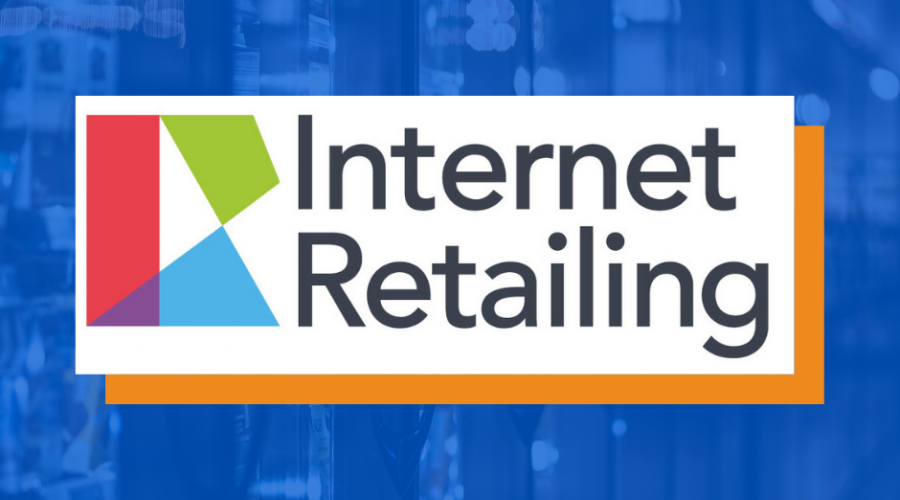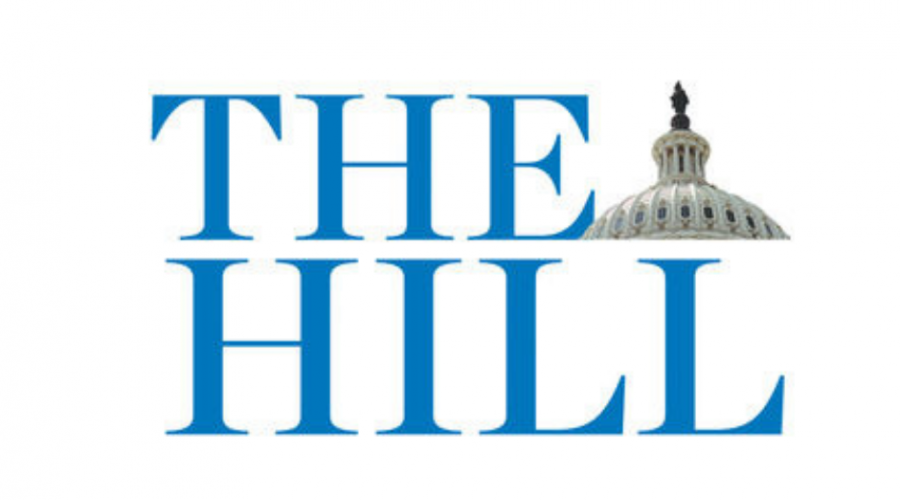To reduce illicit trade, make licit goods available and accessible
Criminal groups have been exploiting the pandemic to enrich themselves through illicit trade and undermine global security.
In August, the US Justice Department knocked down three $2 million worth cryptocurrency campaigns involving the Islamic State. The terrorists were selling fake masks and protective equipment for hospitals online claiming that it was FDA approved and used the profit to fund terrorist attacks.
Illicit trade across the board is a devil in disguise that lures us with cheap prices at the expense of our safety, security, and wellbeing. In order to fight it, we need to guarantee access to and availability of licit goods, especially drugs.
Weak law enforcement and corruption among customs officials are often seen as the main reason why illicit trade flourishes. Both do help facilitate illicit trade but hardly explain its persistence. According to a research conducted by Oxford Economics in 2018, only 11% of illicit trade is seized on average across Europe. Tracking and tracing smugglers is an uphill battle not least because a lot of illicit trade is carried out through official retail channels too.
Yet curbing supply alone won’t help: reducing consumer demand for illicit products is key. That would include raising awareness among consumers about illicit trade and making sure that licit goods are available and accessible. The price does play a role in consumer decision of whether to buy illicit goods or not, but as the said research by Oxford Economics showed it is not the only reason.
At the beginning of the pandemic – which hardly any country was prepared for – many Europeans countries ran out of masks and protective equipment as demand had been spiking. Combined with export bans this has naturally created favourable conditions for illicit trade. For example, OECD data suggests that since March 2020, at least 100 000 new domain names containing coronavirus related words (e.g., Covid, corona or virus) were registered on the darknet to sell medical items.
Lockdowns, trade restrictions and generally global unpreparedness for the pandemic are some of the reasons why illicit trade has scaled up, and tackling these unintended consequences will be a major challenge for the years ahead.
We should start by strengthening IP rights and cutting the red tape to protect brands on a local level so their products are accessible and available to the public. COVID-19 is unfortunately not the only public health issue we have faced, and we have to keep in mind that every flawed policy of peaceful times provides criminals with an opportunity to strike harder in a crisis.
Since the beginning of the pandemic, there has been a 20% increase in enquiries for brand protection, most of which came from the pharmaceutical sector. Multiple European policymakers have made calls against intellectual property rights, while in fact in order to protect ourselves from fake PPE and drugs from China and alike, we have to safeguard IP rights at home.
A failure to mutually commit to regulatory harmonisation between the US FDA and Europe’s EMA is also one of the reasons why illicit trade has been booming. This would allow regulators on both ends to compete for better market approval procedures thereby gradually decreasing the bureaucratic costs for innovators.
We still don’t know how to cure 95 per cent of diseases, and it is crucial that as soon as a new drug is developed it becomes available on both sides of the Atlantic. To make it accessible though, the EU will have to allow consumers to access legal online pharmacies across the bloc.
Illicit trade of medicines puts the lives of millions of consumers in the EU and globally at risk. Reinforcing criminal responsibility for outlawed trade practices is essential but not enough. Curbing demand for illicit products by ensuring the licit ones are available and accessible should be the way forward.
By Maria Chaplia, European Affairs Associate at the Consumer Choice Center
Originally published here.

